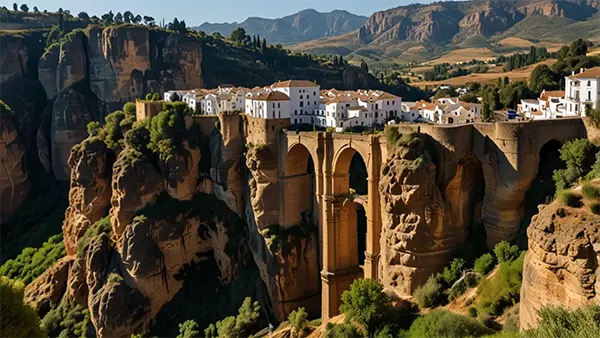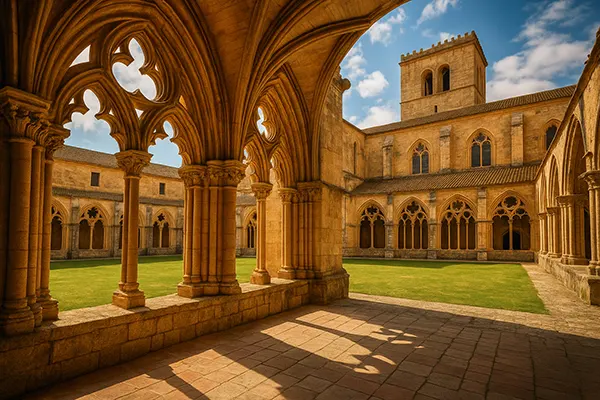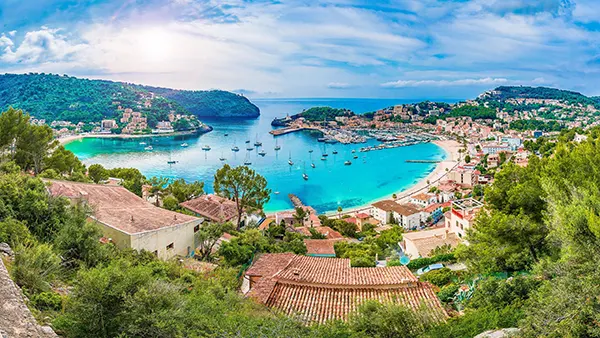Traditions in Spain
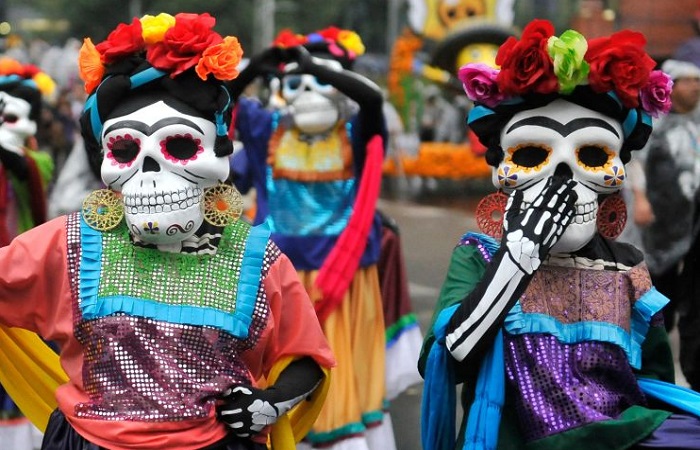
The Day of the Dead, known as “Día de los Muertos” in Spanish, is a time-honored holiday in Spain, deeply rooted in cultural traditions and rich symbolism. Unlike its Mexican counterpart, which is vibrant and colorful, the Spanish Day of the Dead is more subdued, reflecting the country’s unique historical and cultural context.
In Spain, the Day of the Dead is observed on November 1st, known as All Saints’ Day, a day dedicated to remembering and honoring deceased loved ones. While it lacks the colorful parades and festivities seen in Mexico, it is a time of quiet reflection, remembrance, and respect for ancestors. Families often visit cemeteries, tending to graves and leaving flowers, candles, and sometimes favorite foods of the departed. It’s a day of communal solidarity, where the bond between the living and the dead is acknowledged and celebrated.
Historical Perspective
The tradition dates back to ancient times and has evolved over centuries, incorporating elements from pre-Christian rituals and Catholic beliefs. Originally, it was a pagan festival, but with the spread of Christianity, it merged with All Saints’ Day and All Souls’ Day (November 2nd), creating a unique blend of traditions.
Myths and Customs
In Spain, myths surrounding the Day of the Dead often involve stories of spirits returning to the world of the living. It’s a time when the veil between worlds is believed to be thinnest, allowing for communication with the departed. However, unlike the spooky connotations of Halloween, these interactions are seen as comforting, a way to maintain a connection with those who have passed away.
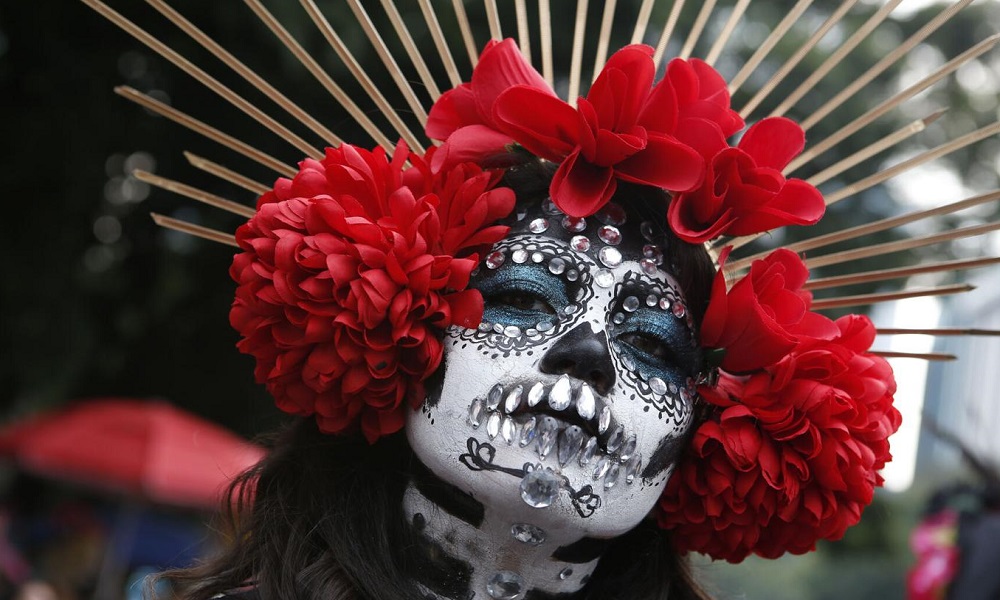
Day of Dead Slot Machine
For holiday enthusiasts, the “Day of Dead” slot machine by Pragmatic Play offers a playful and engaging way to celebrate the holiday. This slot machine incorporates iconic symbols associated with the Day of the Dead, such as skulls and marigolds, set against a festive backdrop. Druckgluck Casino players are immersed in a game that not only entertains, but also pays tribute to the holiday themes of remembrance and celebrating life.
Offerings to the Deceased
In Spain, offerings, or “ofrendas,” are a key part of the Day of the Dead. These are not as elaborate as those found in Mexico but are deeply meaningful. They often include flowers (especially chrysanthemums), candles, and prayers. These offerings are thought to guide the spirits back to their earthly homes and are a way to show love and respect for the deceased.
Regional Variations
The celebration of the Day of the Dead varies across the Spanish-speaking world. In Spain, each region has its own customs. In Catalonia, for example, it’s common to eat a special pastry called “La Castanyada.” Meanwhile, in Mexico, the day is marked by festive skeletons and altars laden with food and gifts. These regional differences highlight the diverse ways in which cultures honor their deceased.
In conclusion, the Day of the Dead in Spain is a poignant and meaningful holiday, deeply interwoven with history, culture, and spirituality. It’s a time to remember, respect, and celebrate the lives of those who have passed, reminding us of the enduring connections between the living and the dead.

